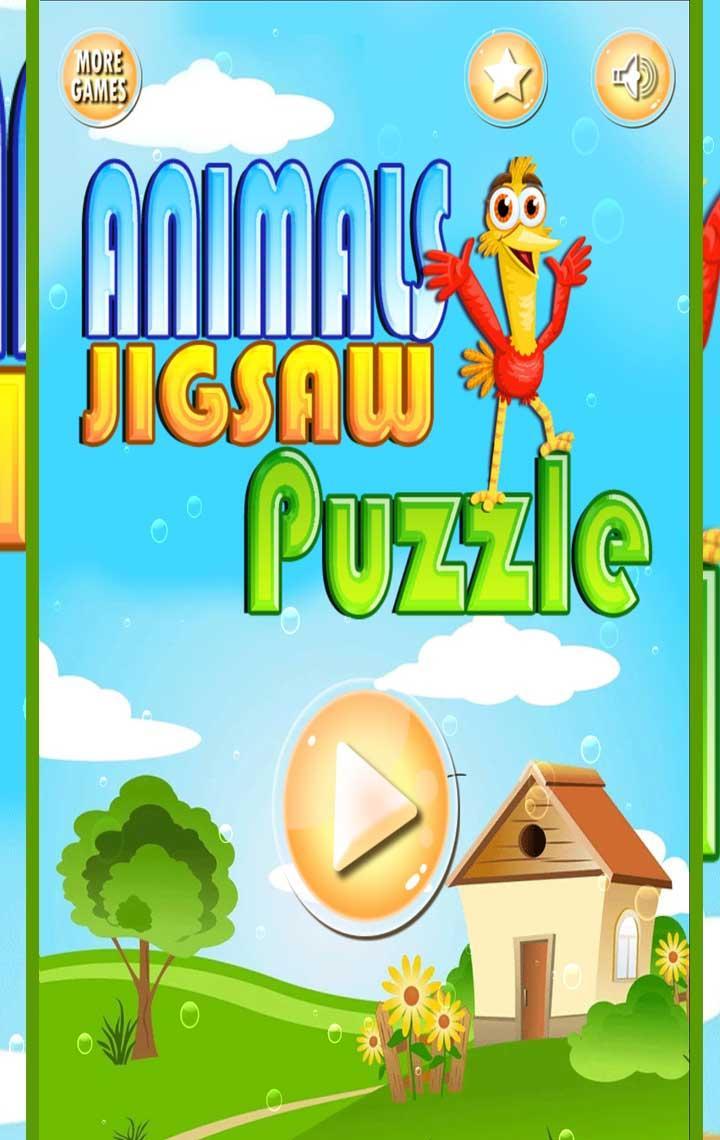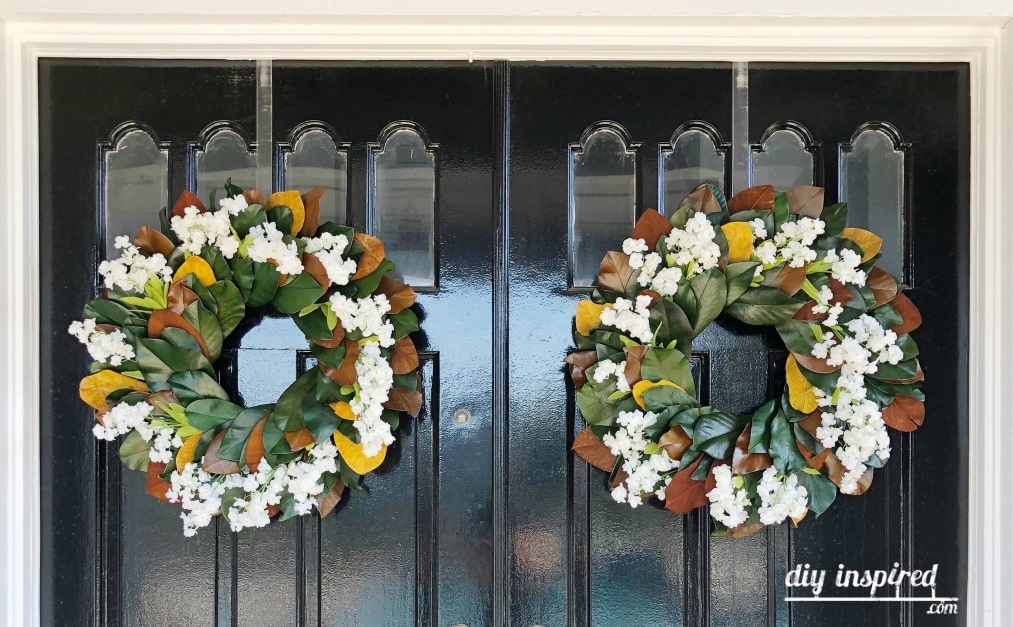
There are many options for knitting socks. There are four options for knitting socks: the Kitchener stitch, the Heel flap and the toe. You should be able find the right pattern for you. You may also wish to practice knitting socks.
Leg
The leg of a socks is the area between the heel flaps and the end of the cuff. This part can either be knit in plain stockinette or fancy-lace. The length of your leg is determined by measuring from the anklebone to where the leg ends.

The leg of a sock covers the entire length of the foot and goes around the ankle and a portion of the leg. It also runs above the heel. This is the cup-shaped area that wraps around the bottom of the foot. The shape of the heel is often an L-shape. A gusset connects the heel to your foot and should be able to fit the arch of the foot.
Heel flap
The heel flap on socks adds extra knitting to the foot. It is usually about two to three inches long and turned so it lies flat against the foot. This flap is made with the short rowing technique. It involves knitting backwards without stopping at the end of each row. The stitch is knit from the heel flap edge to the other, so there will be approximately 16 to 20 stitches.
The heel flap is made up of a small number of knit stitches. They gradually decrease in size until they fit snugly around your ankle. This stitch is easy to master, but it's important to not over-stitch. This will make them more difficult to pick up but will not reduce the durability of their heel.
Kitchener stitch
Kitchener stitch can be described as a grafted design that mimics your knitting's tension. This stitch is done using two needles. One goes for the front and the other for the back. Start by slipping the first stitch of the front needle through the first stitch on the back needle and pulling the yarn through.

The working yarn should be found on the right side, starting from the rightmost back stitch. Cut the working yarn to a length that you can work with. Thread a tapestry needle with the remaining yarn tail. Next, start knitting on needle 1 and then switch to needle 2. Pass the needle purl-wise through the first stitch of the left front needle.
FAQ
How can I find a hobby for myself?
It can feel overwhelming to start your search for a hobby when you first begin.
You may be thinking, "I'm just not artistic" or "I hate sports," or perhaps "I don’t even know what I know."
But the truth is, you probably already have a lot of experience to draw upon when looking for a hobby.
It's only that you don't know it yet.
Take a tour of your house. How much stuff do you own?
Do you still have toys?
Perhaps you have a collection books or magazines.
You might have always wanted the ability to cook.
Maybe you want to get back into playing the guitar.
It doesn't matter what it is, you can probably turn it into a hobby.
The key is to see that you already have many experience to draw upon.
You'll find a hobby that fits your lifestyle once you do.
What are observation hobbies?
Observation hobbies allow you to observe others doing the same thing. This could be watching sports, reading books or going on holiday. You might also enjoy observing other people.
Because they teach you how to think creatively, observation hobbies are great. This knowledge will be useful later in your work for others and yourself.
You will discover that learning is easier when you are interested.
You might watch or read about football to learn more. Exhibitions are a great way to learn about photography.
If you like to play music, you can either learn the songs online or get a guitar.
You could also choose to cook at home or go to restaurants if you are a good cook.
If you like gardening, you could grow vegetables or flowers.
If you like dancing, you could join a dance class or go out with friends.
If you like painting, you could paint pictures.
Writing poetry or stories is a passion if you are a writer.
If you like drawing, you could draw pictures.
If you are passionate about animals, you can look after them or work at the zoo.
You could choose to study biology, maths, chemistry, or physics if you are interested in science.
History is something you might enjoy if you read books, watch movies, or listen to podcasts.
If you enjoy traveling, you can travel around the world or just explore your own area.
What are some competitive hobbies?
You can compete in running, swimming or cycling as well golfing or tennis.
They are usually enjoyed by people who enjoy being active, but also allow for social interaction.
You will probably find people around you who have the same hobby as you, if you are into physical activity.
You might consider joining a group or club that meets regularly to play together in sports.
You can also participate in team games where you play alongside others.
These include soccer (soccer), rugby, netball and hockey.
There are many kinds of competition.
Some competitions are organized for purely recreational purposes.
Others are designed to test the skill of competitors.
And still, others are designed to reward outstanding performance.
These cases award prizes to the winners.
Other competitions aim to assess the strength and endurance of competitors.
These are known as endurance events.
For example, marathon races, triathlons, Ironman Triathlon, etc.
Athletes train hard before they compete in these events.
They will be required to follow a rigorous training program in order to prepare mentally and physically.
They might also need to be away from their homes during preparation.
It's important not to forget that not all athletes are able to compete in every type event.
What is a good hobby for kids?
Anything kids like to do that is not part of their daily routine is a hobby. Some kids like to build things, draw, paint, write, or play with toys.
Many parents are concerned that their children may get into trouble if allowed to do as they please. It is not true. Your child will not get into trouble if he or she is safe and doesn’t cause any harm to other people or themselves.
It is important that people remember that simply because they love doing something does not mean they will always do it. For example, if they love drawing pictures but they hate writing, then they may decide to draw pictures instead of writing.
There are many different hobbies, so it is up to you which one you love the most.
What are educational hobbies, you ask?
An educational hobby is an activity where you learn something by doing it. This could include anything from learning to play an instrument to playing sports.
The most important thing is that you find it enjoyable and entertaining. You don’t have to do it constantly, but you should consider what other activities you could be engaging in instead.
These activities could end up costing you far more than what you pay for.
Statistics
- Almost 80% of people claim to have no hobby. (hobbylark.com)
- The Role of the Mind in Sex, Dating, and Love: Men in the “humor” condition received phone numbers from 42.9% of the female participants and were refused 57.1% of the time. (time.com)
- Much of this decline reflects the fact that teens are less likely to work today than in the past; among employed teens, the amount of time spent working is not much different now than it was around 2005. (pewresearch.org)
- I am 100% biologically a woman (discover.hubpages.com)
- Studies show that just six minutes of reading can reduce stress levels by 60 percent. (oberlo.com)
External Links
How To
How to Find the Right Hobby for Me
If you ask yourself some questions, you may be able to tell whether your hobby is right for you:
-
Do I enjoy doing it?
-
It gives me pleasure?
-
It is something that I would love to continue doing, even after I'm older.
-
Are I good at it?
-
Can I improve?
-
Would you recommend it to others?
-
It will bring me joy.
-
Do you think it will allow me to relax?
-
Will it make me feel better about myself?
-
Will it teach me skills that I can use later in life?
-
It could allow me to make new friends.
-
Can it let me express my creativity?
-
Do I have the opportunity to learn something new?
-
Will it give me confidence?
-
Will it provide me with a sense of achievement?
-
It could lead to financial success.
-
It will allow me to travel.
-
Will it allow me to explore new places?
-
It will encourage me to exercise.
-
It will it motivate me to work harder?
-
Is it going to motivate me?
-
Do I have to take part in activities that I don't normally think of?
-
Is it going to challenge me?
-
It will be entertaining.
-
Will it keep me fit?
-
Can it help you save money?
-
It will it lower stress levels?
-
It will it stop boredom?
-
Do you think it will help me save time?